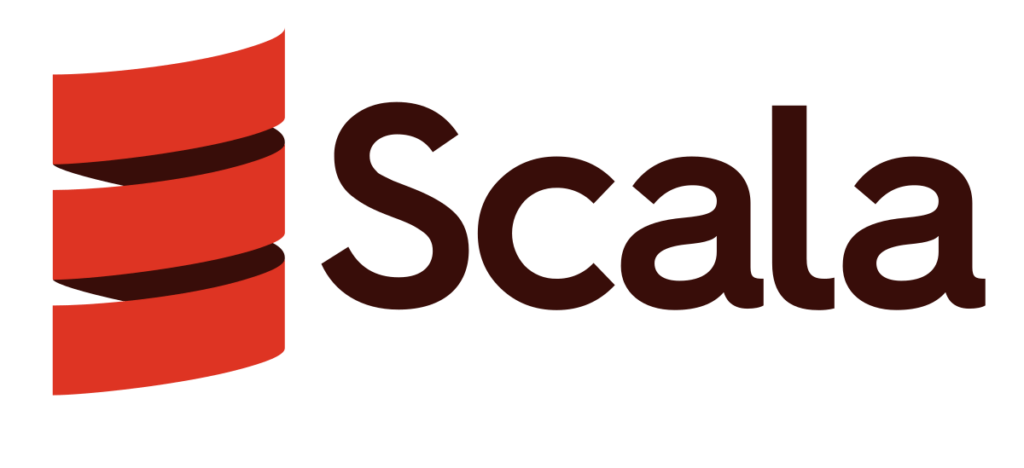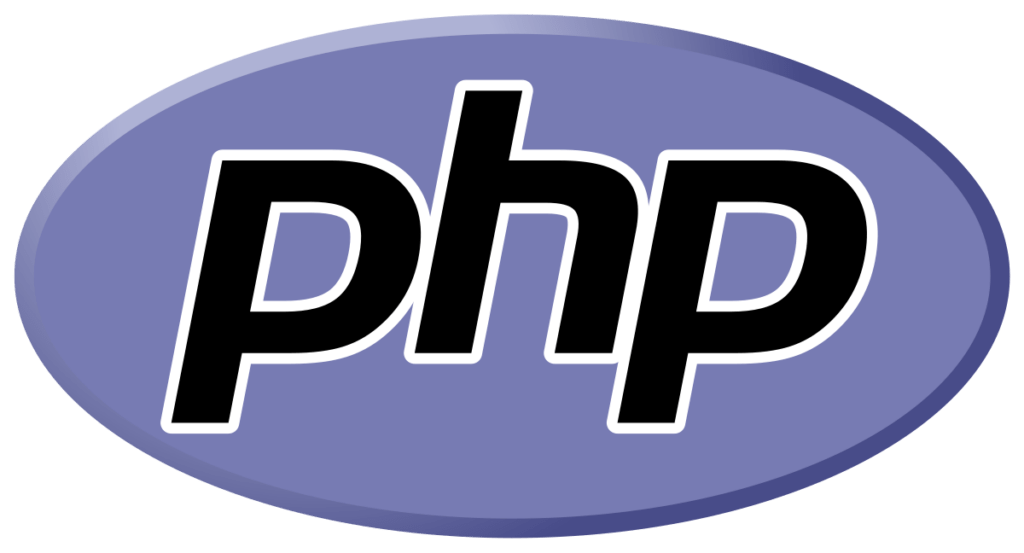
BPM






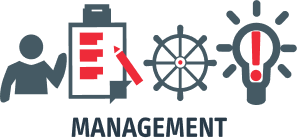
Business Process Management (BPM) empowers you to model, automate, and optimize your business processes seamlessly.
Key Benefits of BPM with Qavi Technologies
Operational Efficiency

Streamline your business processes for maximum efficiency, reducing operational costs and increasing productivity.
Adaptability to Change

BPM solutions are designed to be flexible, allowing your organization to adapt quickly to changing business environments and requirements.
Real-time Monitoring & Analytics

Gain valuable insights into your business processes with real-time monitoring and analytics, empowering data-driven decision-making.
Continuous Improvement

Foster a culture of continuous improvement with BPM solutions. Adapt and optimize your processes to stay ahead in a dynamic business landscape.
The Stages of the BPM Lifecycle: Enhancing Operational Efficiency
Business Process Management (BPM) is a comprehensive approach to optimizing organizational processes. To successfully navigate the complex landscape of BPM, experts often highlight five crucial phases that constitute the BPM lifecycle.
Design Phase
In the initial stage, known as the Design Phase, the existing business processes undergo thorough analysis. This critical examination identifies areas that can be enhanced and streamlined. The ultimate goal is to develop an idealized version of the business process, leveraging standardization and automation for improved efficiency.
Model Phase
Once the redesigned business process is conceptualized, the focus shifts to the Model Phase. Here, practitioners scrutinize how the optimized process operates in various scenarios. This step is instrumental in ensuring that the proposed improvements align with the organization’s goals.
Implement Phase
With the model in place, the next step is the Implement Phase. This involves the execution of the proposed improvements, emphasizing standardization and process automation. The implementation phase is crucial for bringing the envisioned changes into practical application within the organizational framework.
Monitor Phase
As the implemented changes take effect, it becomes imperative to monitor their performance. The monitoring phase involves tracking and evaluating the improvements to gauge their impact on operational efficiency. This stage provides valuable insights into the effectiveness of the implemented changes.
Optimize Phase
Continuous improvement lies at the heart of BPM, and the Optimize Phase represents an ongoing commitment to refinement. Organizations must consistently strive to enhance their business processes. This phase involves identifying areas for further improvement and refining the processes to meet evolving business needs.
BPM lifecycle offers a systematic and iterative approach to organizational enhancement. By progressing through the design, model, implement, monitor, and optimization phases, businesses can not only streamline their operations but also ensure sustained efficiency in an ever-evolving business landscape.
Design Phase
In the initial stage, known as the Design Phase, the existing business processes undergo thorough analysis. This critical examination identifies areas that can be enhanced and streamlined. The ultimate goal is to develop an idealized version of the business process, leveraging standardization and automation for improved efficiency.
Model Phase
Once the redesigned business process is conceptualized, the focus shifts to the Model Phase. Here, practitioners scrutinize how the optimized process operates in various scenarios. This step is instrumental in ensuring that the proposed improvements align with the organization’s goals.
Implement Phase
With the model in place, the next step is the Implement Phase. This involves the execution of the proposed improvements, emphasizing standardization and process automation. The implementation phase is crucial for bringing the envisioned changes into practical application within the organizational framework.
Monitor Phase
As the implemented changes take effect, it becomes imperative to monitor their performance. The monitoring phase involves tracking and evaluating the improvements to gauge their impact on operational efficiency. This stage provides valuable insights into the effectiveness of the implemented changes.
Optimize Phase
Continuous improvement lies at the heart of BPM, and the Optimize Phase represents an ongoing commitment to refinement. Organizations must consistently strive to enhance their business processes. This phase involves identifying areas for further improvement and refining the processes to meet evolving business needs.
BPM lifecycle offers a systematic and iterative approach to organizational enhancement. By progressing through the design, model, implement, monitor, and optimization phases, businesses can not only streamline their operations but also ensure sustained efficiency in an ever-evolving business landscape.
Tailoring BPM solution for your Business Optimization
At Qavi Technologies, we understand that every business and organization is unique, demanding tailored solutions that align precisely with your organizational goals. Our proposed Business Process Management (BPM) solutions address your business needs, ensuring a perfect fit for your specific requirements.
Customization for Business Processes
Our BPM consultant starts with a comprehensive analysis of your existing business processes. We work closely with your team to identify pain points, inefficiencies, and areas for improvement. Through this collaborative process, we develop a deep understanding of your workflow, allowing us to design solutions that seamlessly integrate with your existing systems while addressing your unique challenges.

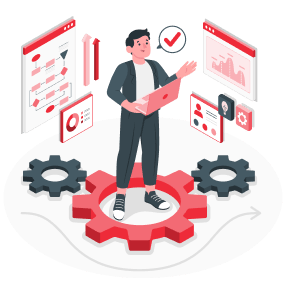
Adaptive Flexibility
Our BPM solutions are designed to be adaptive, allowing for easy customization to accommodate changes in your business processes. Whether you’re adopting new tools, revising workflows, or scaling your operations, our proposed BPM solutions evolve with you.
Scalability Across Environments
We understand that IT environments vary widely across organizations. Our approved BPM solutions are engineered to be scalable, ensuring they can grow alongside your business. Whether you operate in a cloud-based environment, on-premises, or through a hybrid model, our BPM solutions seamlessly adapt. From small-scale business to large enterprise-level initiatives, our recommended BPM solutions provide the flexibility needed to meet your unique demands.

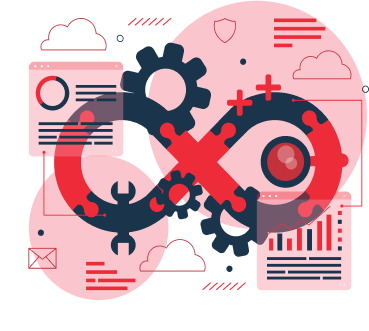
Project Complexity Management
No two businesses are the same, and recognizing this diversity is crucial. Our approved BPM solutions are adept at managing project complexities. Whether you’re dealing with intricate development workflows, data migrations, or system integrations, our proposed BPM tools provide the necessary frameworks to streamline processes and enhance project management.
Continuous Consultation and Support
Our commitment to tailoring BPM solutions extends beyond the initial implementation. We offer continuous consultation and support to ensure that our provided BPM solutions remain aligned with your evolving business needs. As your technology landscape transforms, our experts collaborate with your team to make necessary adjustments, ensuring optimal performance and efficiency.


Proven Success in Business Optimization
Explore our case studies to witness how organizations benefited from our tailored BPM solutions. From achieving business targets to optimizing business processes, our solutions have consistently delivered results.
Our
Projects
Warehouse Management Portal
Effciency Unleashed: Your Gateways to Seamless Warehouse Management



Project
An Irish warehouse company were expanding their warehouse business. They were keen to engage IT solution specialists to automate their warehouse solution.
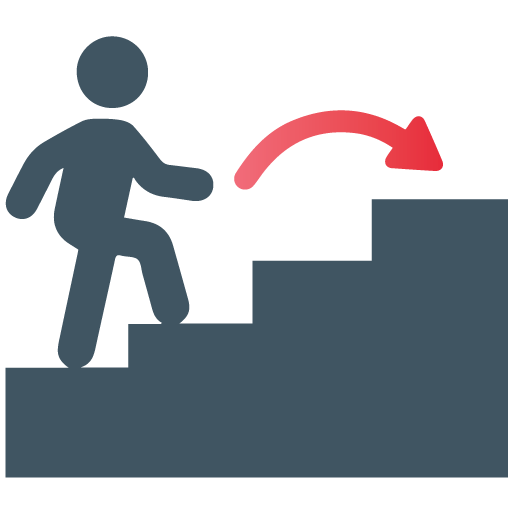

Challenges
The company was using basic software to manage their inventories.
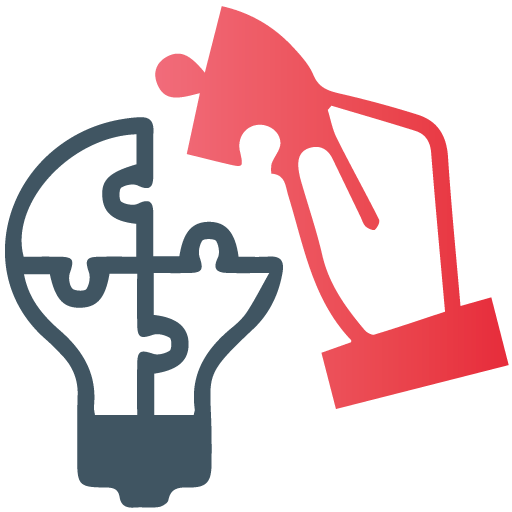

What we did
Our previous experience with similar projects assisted to pool a team of six software engineers including developers, quality assurance and project manager to build a innovative solution in span of two years. The solution was eventually become profitable as our client have extended the product to their respective customers.

Our Technologies
Choosing the best technology for your projects

